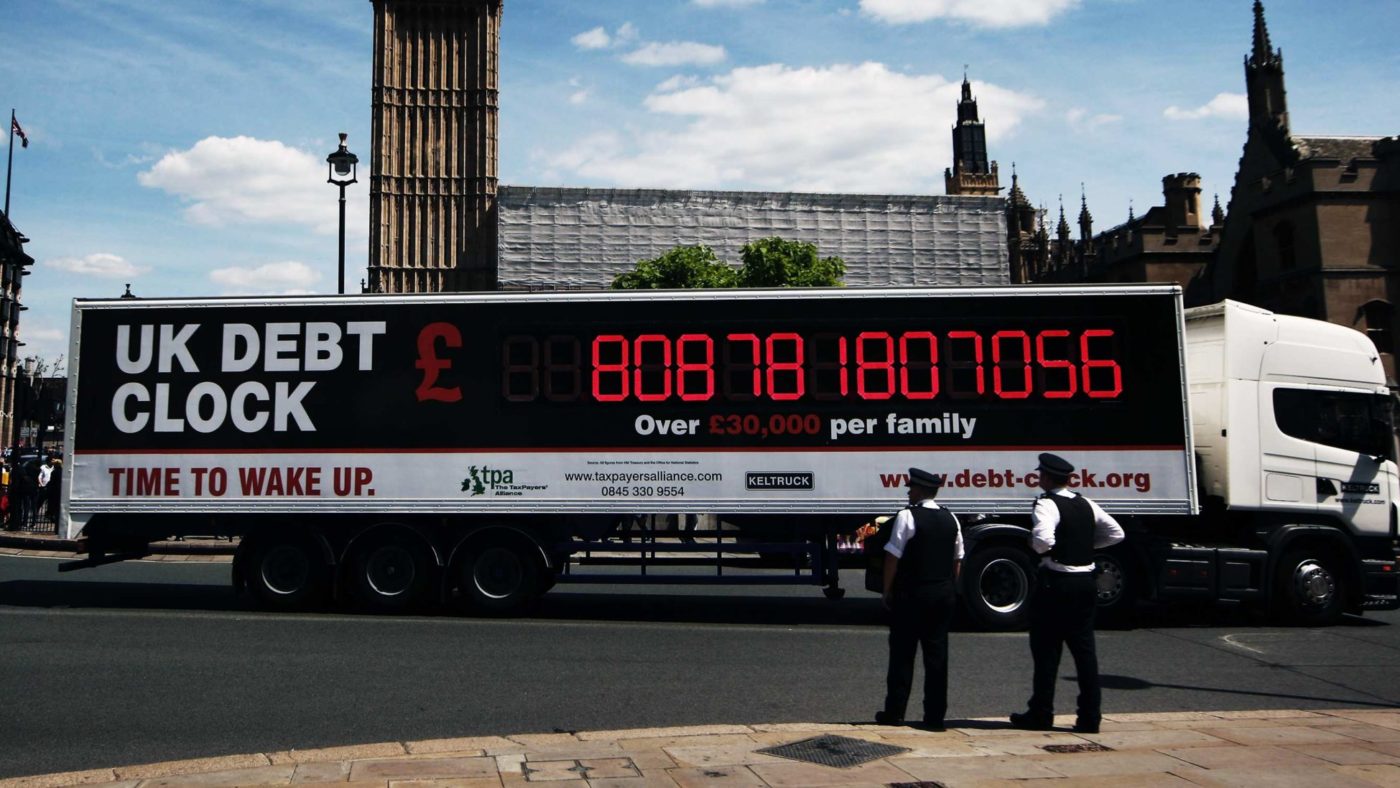As the pandemic shuttered shops, restaurants and offices earlier this year, the Treasury went into overdrive figuring out how on Earth they would pay to keep people safely at home.
We’re all familiar with the results of these brainstorming sessions: a series of subsidies, enhanced welfare programmes, and a rise in NHS funding. And while we do not yet know the true cost (Eat Out to Help Out is still going, after all), we do know that the surge in coronavirus spending has pushed UK debt to over £2 trillion for the first time.
All of which means the Cost of Government Day, calculated by my colleagues at the Adam Smith Institute, has been pushed back to today. This is the date in the calendar year on which the average person has earned enough gross income to pay off his or her share of all government spending.
In recent years, Cost of Government Day has generally fallen somewhere around late June, and typically come later in the year under Labour governments than Conservative ones. Along with Tax Freedom Day (May 30 this year) – the day the average Brit stops working for the taxman and starts working for themselves – it helps give a sense of the impact on individuals of both the tax burden and increases in government debt.
The fact Cost of Government Day is so much later than Tax Freedom Day this year is precisely because Cost of Government Day takes into account the huge amount of borrowing – that is, delayed taxation – used to fund spending this year.
None of this means that much of the spending this year hasn’t been necessary. But it brings us to a weird place where we are beginning to forget that a billion here and a billion there soon adds up to real money.
It’s very easy to think of all this spending as invisible money, created by the Government, flying out of the coffers; to begin believing in the seemingly infinite power of government to fund its various commitments. But even in times of crisis, debt needs to be paid back. Spending now, financed by debt, is just taxation deferred – a burden on those to come after us.
As we now gradually return to something resembling normality, returning to disciplined fiscal framework has never been more vital. We cannot allow a few months of necessary crisis spending to undermine the UK’s fiscal position for generations to come.
And as we recover from the pandemic and businesses get back up and running, we need to acknowledge that not all companies will survive, and jobs will, sadly, be lost. Government spending has allowed us to put most of that strife on hold, but there’s a limit to how long the Treasury can continue paying wages and propping up businesses that are unable to trade.
That also means an end to the wartime attitude to spending and borrowing that has prevailed for much of this year. Whatever the Modern Monetary Theory crowd might have you believe, Rishi Sunak cannot just keep the Treasury taps turned on full blast in perpetuity. To do so would mean destroying any semblance of fiscal credibility, while burdening younger generations with a toxic legacy of high taxes and debt.
So, while the Government has taken the right steps to maintain our productive capacity in a crisis, it’s critical that this does not make for a long-term change in people’s attitude to sensible fiscal policy. The coronavirus has changed much, but the best way to ensure prosperity hasn’t changed: a small, efficient state, businesses that are free to trade – and to fail – and a government that keeps both taxes and debt as low as possible.
Click here to subscribe to our daily briefing – the best pieces from CapX and across the web.
CapX depends on the generosity of its readers. If you value what we do, please consider making a donation.


